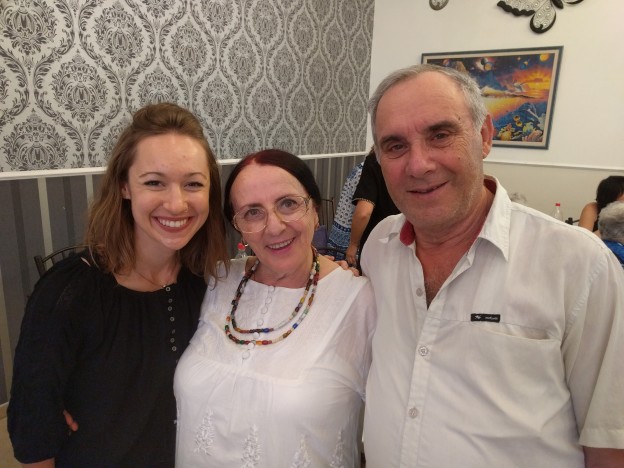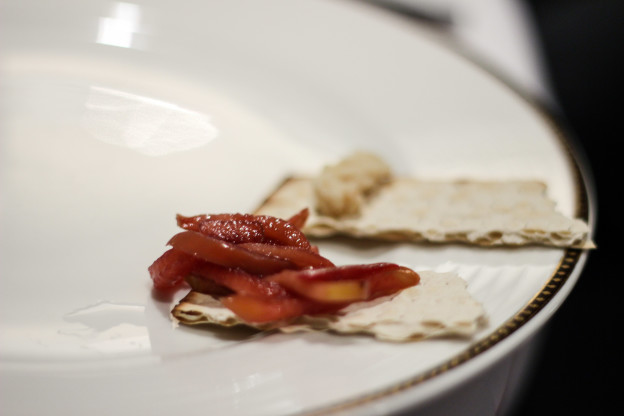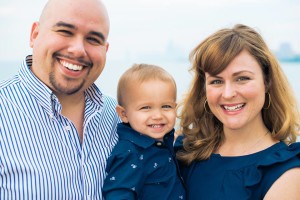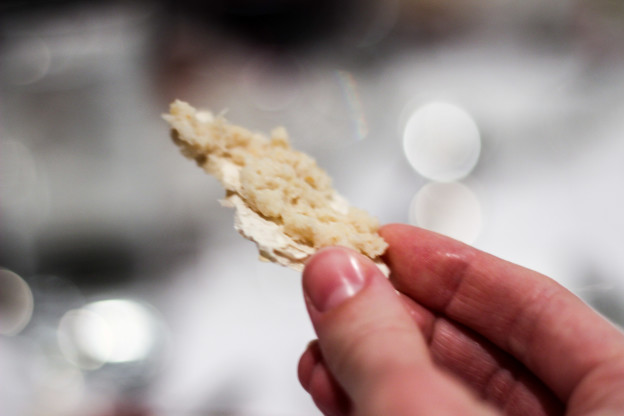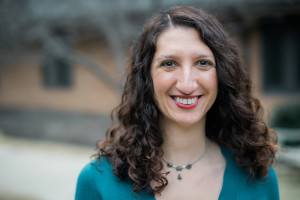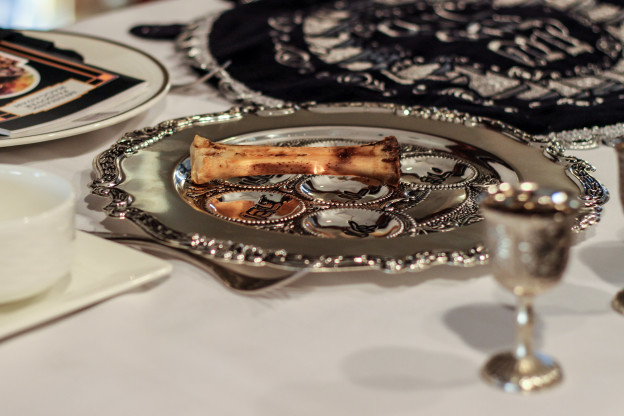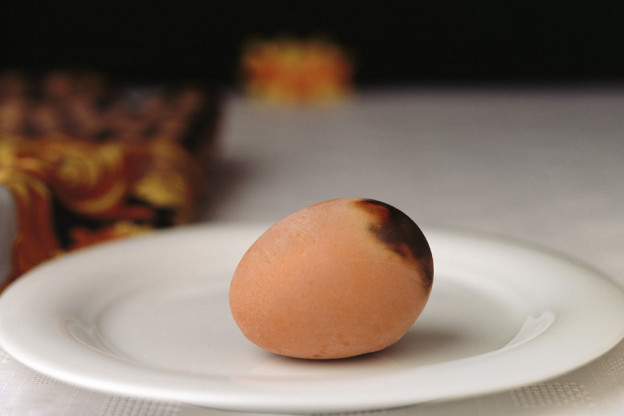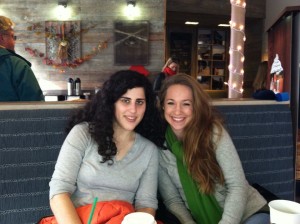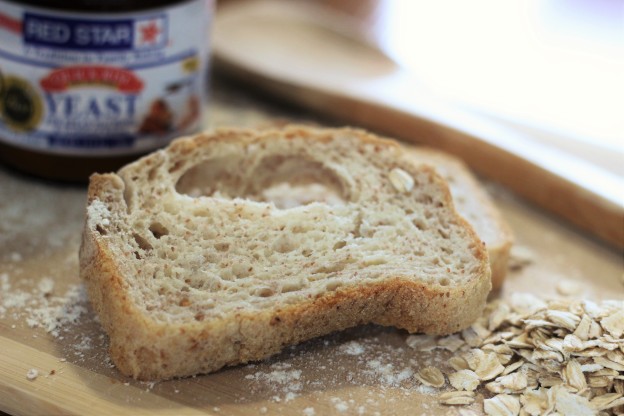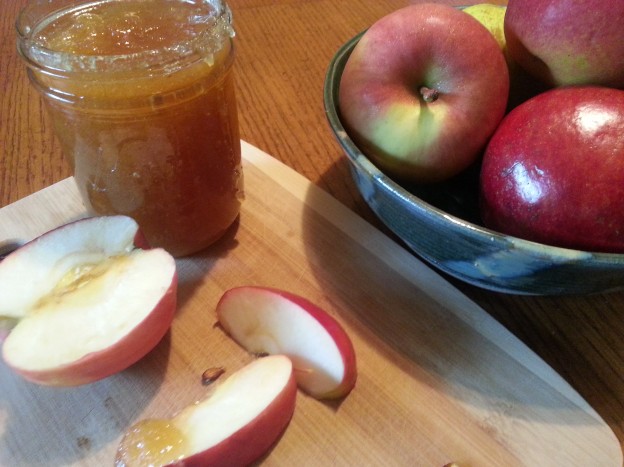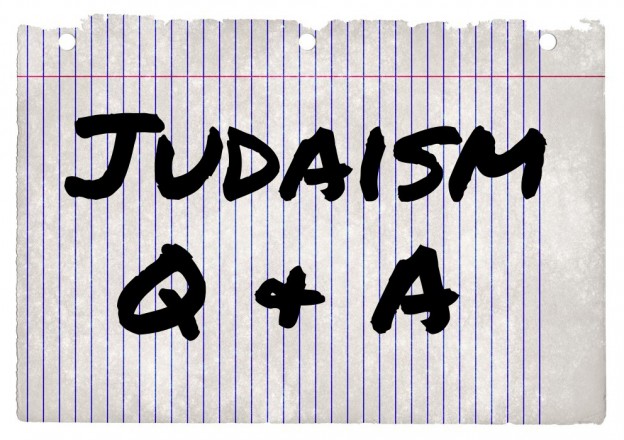A devotional for Pesach by Rabbi Glenn Harris.
Rabban Gamliel was accustomed to say, “Anyone who has not said these three things on Pesach has not fulfilled his obligation, and these are them:
the Pesach sacrifice, matza and maror.”
(From the Passover Haggadah)
Passover is a holiday beautifully rich in symbolism, and according to the esteemed rabbi Gamaliel, the first priority is to speak of the ‘Pesach sacrifice’ – meaning, the lamb. Thus, one of the most significant symbolic items on the Seder table is a lamb shank bone [in Hebrew Zeroa].
God’s instructions were very clear to Israel: the lamb was to be a one year-old male, without any blemish or defect (Exodus 12:5). That lamb was to be brought into the home on the 10th of Nisan – four days before Passover (12:3). On the evening of the 14th of Nisan, the lamb was to be slaughtered, its blood drained into a bowl, and some of the blood of that lamb was to be applied, using hyssop, to the lintel of the doorway and to the two side posts. The lamb was to be roasted and eaten, none of it was to remain until morning, but any leftovers were to be burned. Finally, the commands were given forbidding that any of the lamb’s bones be broken, that it be eaten in one house, and that no meat be taken outside (12:46).
The four days of having the lamb in the home accomplished several things. First of all, it would almost become part of the family (especially to the children). So there is the aspect of identification. The lamb was identified with Israel (versus Egypt), and with the family. Secondly, those four days of observation gave the family more than ample opportunity to examine the quality of the lamb, and if there was any sort of spot or imperfection discovered, the family would be afforded time to locate a flawless lamb in order to comply with God’s command.
We can easily understand why the directive was given that none of the meat be taken outside the house when we remember that that first Passover meal took place the evening of the last and most terrifying of the Ten Plagues – the death of all Egypt’s firstborn. Only those inside a home that had the blood of a flawless, year-old male lamb on the doorposts would be spared the death of their firstborn. And so it made sense that no one was to venture outside the house during that meal.
Furthermore, since that lamb foreshadowed Messiah Yeshua, who Himself died on Passover, all its meat must remain in the house, in other words, identified with Israel. In a sense, taking any of that meat outside the house would be to identify it with Egypt. Salvation was to be found only in the houses belonging to Israel. Yeshua said, “I was sent to the lost sheep of the House of Israel” and again, “Salvation is of the Jews.”
But why the command that no bones of that lamb be broken? For the most part, the rabbis seem to have left that one alone. The main theory is that, unlike people in desperate situations, who might break an animal’s bones while eating out of desperation, God wanted Israel to carry themselves with dignity. There may be some merit to that argument, but to be honest, I find it wanting.
Could it be the rabbis have been unwilling to consider the much more obvious implication? Namely, that this was a foreshadowing of the Suffering Messiah, Yeshua, who would fulfill the type of the Passover Lamb, and in whose death no bones were broken.
During the Roman period, at the time of a crucifixion, if it became necessary to hasten the death, Roman soldiers would break the legs of the condemned to prevent them from being able to push themselves up to get a breath, and suffocation would quickly ensue. To accommodate the Chief Priests of the Jewish people, who needed to attend to Passover, that was what was done to the criminals crucified on either side of Yeshua. And they intended to break His legs, too. But when they came to Him, He was already dead. So they didn’t break his legs, and Yeshua’s beloved disciple, John, who witnessed that scene, by inspiration of the Holy Spirit made the connection between this Passover command to not break any bones of the lamb, and put it together with Psalm 34:20 and wrote, “These things happened so that the Scriptures would be fulfilled: ‘Not one of His bones will be broken’”.
But concerning the command: It must be eaten inside one house…, it seems to me that this was a hint of the great mystery that lay ahead: that God was going to bring Jews and Gentiles together in one Great Kehilah, one Body, through the Messiah. Rabbi Paul, a student of Gamaliel, wrote in Ephesians 2. For He Himself is our peace, who has made the two one and has destroyed the barrier… and he went on to write, His purpose was to create in Himself one new man out of the two, thus making peace. We who love Yeshua, whether Jew or Gentile, are in one House – one family in Messiah, and He is the one Lamb for the whole family of God. It works out this way:
Nobody (Jew or Gentile)
who remains outside the house experiences redemption
on the other hand…
Everybody (Jew or Gentile)
who remains inside the house experiences redemption
Scripture tells us that Israel left Egypt as “a mixed multitude”. Presumably many Egyptians figured it out: after nine terrible plagues, each one worse than the last, and each one a humiliation to one or another of the Egyptian deities, it became obvious that there was something wrong with the gods they had been worshiping. The God of the Hebrews clearly was in control.
Perhaps many Egyptian families, seeing their Jewish neighbors applying lamb’s blood to their doorposts, and upon learning why, and what was to come, pleaded with them to be allowed to bring their own families into those homes. Their first-born would be saved if they came under the covering of an Israeli home that night.
One lamb for the household.
Yeshua said, “I am the Good Shepherd, and I know My own and My own know Me, even as the Father knows Me and I know the Father; and I lay down My life for the sheep. I have other sheep, which are not of this fold; I must bring them also, and they will hear My voice; and they will become one flock with one Shepherd” (John 10:14-16).
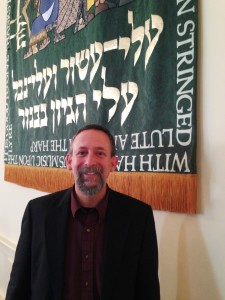
Glenn Harris was born and raised in a traditional Jewish family in Los Angeles, California. After several fruitless years searching through New Age religions for answers to the big questions of life, Glenn became a believer in Jesus in March of 1981. This happened through the invitation of a co-worker to come to a church presentation to hear the Gospel. Glenn served for ten and a half years with Jews for Jesus and for the past eighteen years has been the Associate Rabbi and Worship Leader at Congregation Shema Yisrael in Bloomfield Hills, Michigan – a community of both Jews and Gentiles who acknowledge Yeshua (Jesus) as the Messiah of Israel and Savior of the World.
Glenn holds his Bachelor of Arts in Biblical Literature from Northeastern Bible College (now Kings College, NY) and Master of Divinity from Moody Theological Seminary – Michigan. He and his wife Alexandra have three children and live in Birmingham, MI. Glenn is a respected Bible teacher, occasional talk-radio host, an outspoken pro-life advocate, cancer survivor, musician and avid motorcyclist. 248-885-7101 | [email protected]


